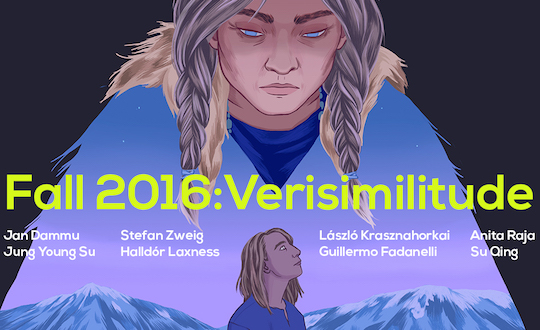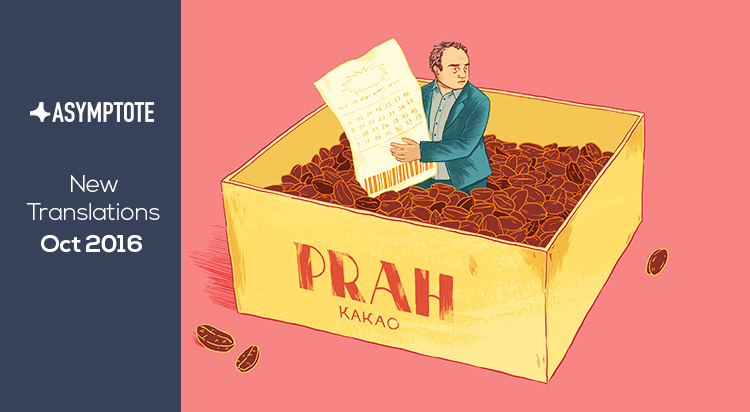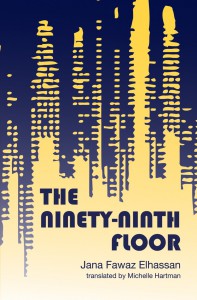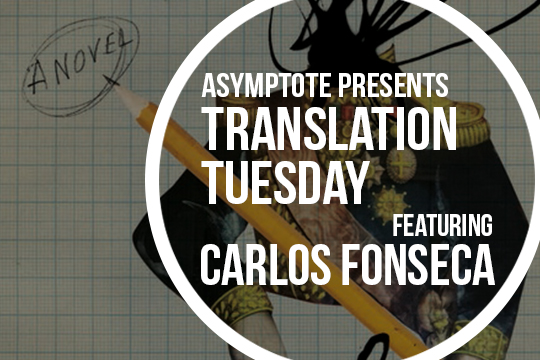During the past thirty years indigenous literatures in Spanish and indigenous languages have slowly emerged onto the literary scenes of many Latin American countries. Despite what many refer to as a literary renaissance, these literatures garner scant attention beyond the region, and many masterworks of contemporary indigenous letters remain unavailable in English translation. A graduate student at the University of California-Davis, Sean Sell recently published an excellent translation of Maya literature from the Mexican state of Chiapas with the University of Oklahoma Press. We caught up with Sell to discuss his work, that of the authors he translates, and his role as a conduit of indigenous writing in English.
Paul Worley & Kelsey Woodburn (W&W): What led you to an interest in Mayan languages and literatures?
Sean Sell (SS): Credit the Zapatistas, I suppose. Their uprising captured my attention as it did with so many others, so in 2000 when I was looking to visit Mexico and work on my Spanish, I got involved with the organization Escuelas para Chiapas or Schools for Chiapas. I figured I could improve my Spanish and support this intriguing project at the same time. Schools for Chiapas is based, at least on this side of the border, in San Diego, where I’ve lived most of my life. They regularly organize trips to Zapatista territory. Our group helped prepare a site for school construction in one of the communities. But the trips are as much about cultural exchange as they are about any particular project.
It was on this trip that I first learned of indigenous languages like Tsotsil and Tseltal. Organizers told us that many of the Zapatistas we would meet did not speak Spanish, and for those who did it was probably their second language.
Years later I was getting a master’s at San Diego State University, and I took a class called Mexican Sociolinguistics. I thought it would be about Mexican variations and regionalisms in Spanish, but it was all about indigenous languages—their history, their variety, their different levels of health today. Estimates of how many indigenous languages remain in Mexico range from 68 (the number with government recognition) to almost 300, with some disagreement as to when languages are distinct rather than different dialects of the same one. It was fascinating to learn about this, as each language represents a particular cultural world. I drew from my experience in Chiapas for the class.














